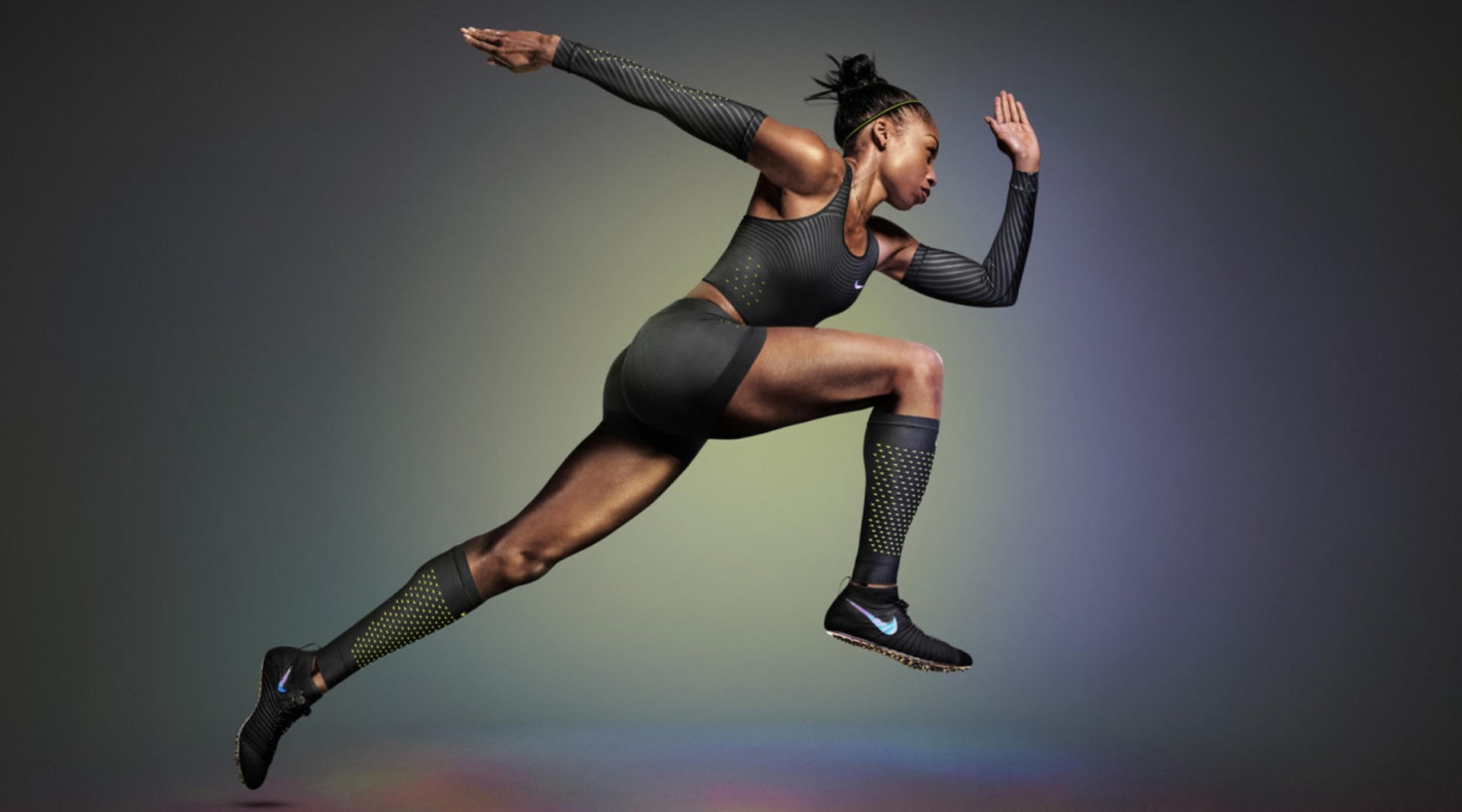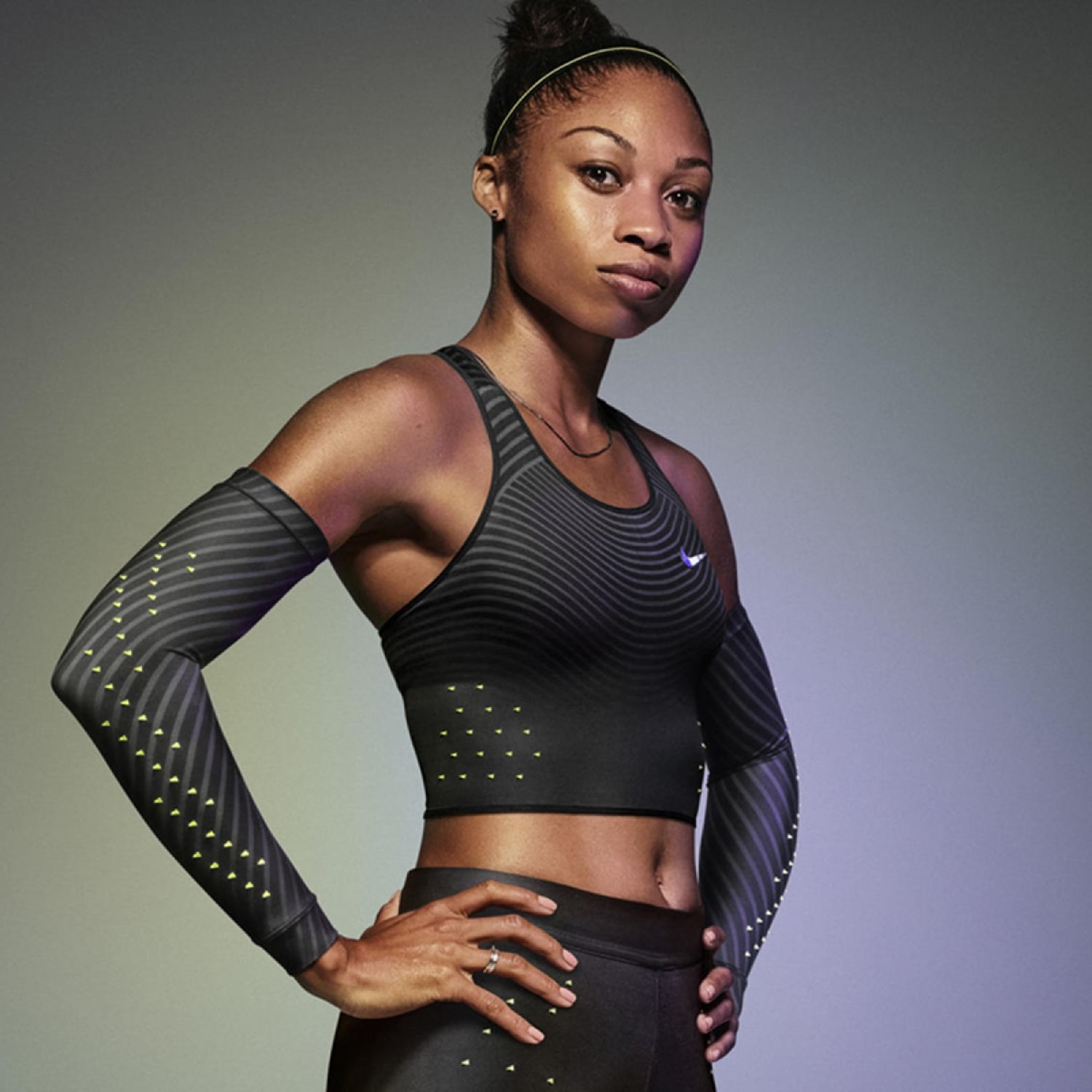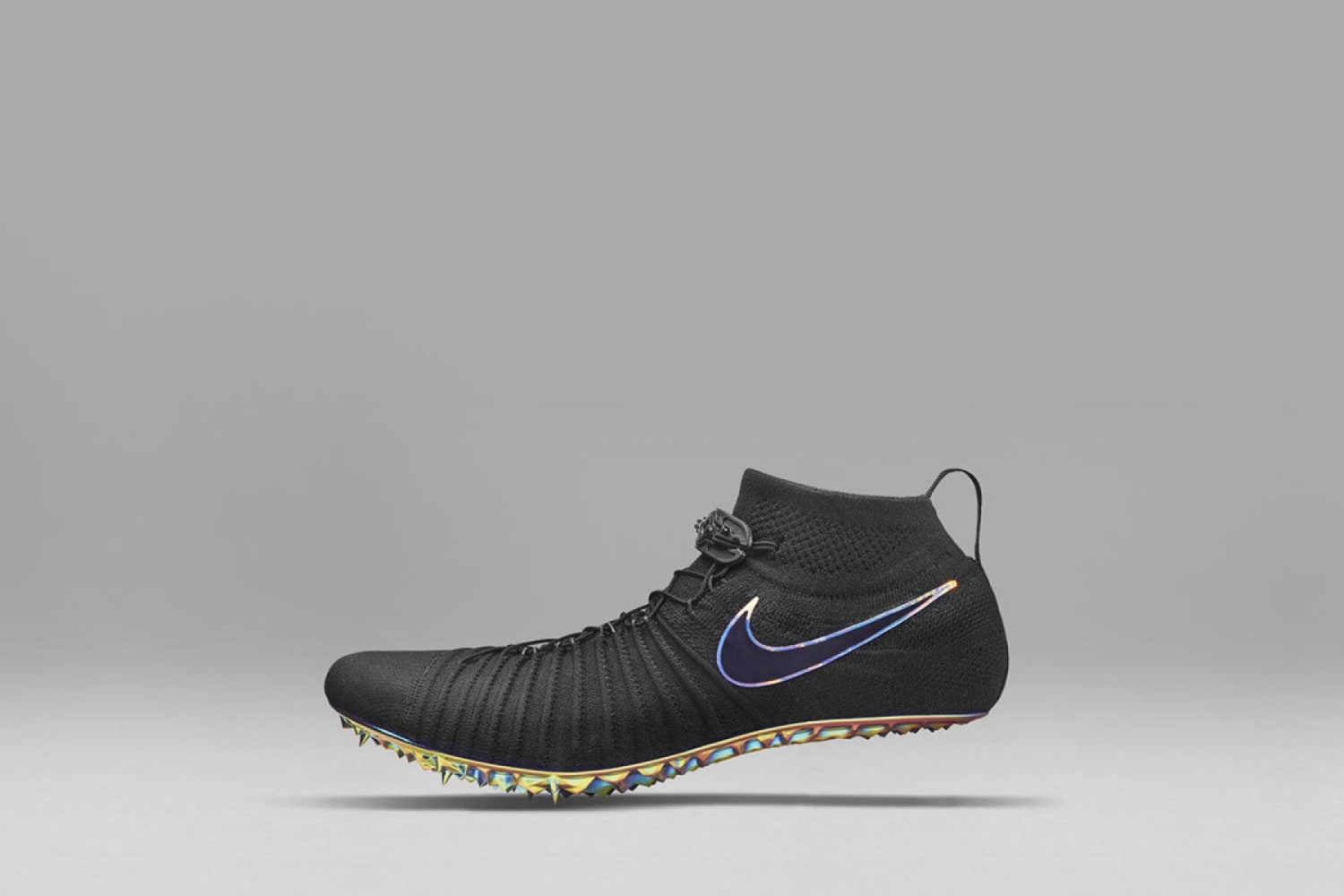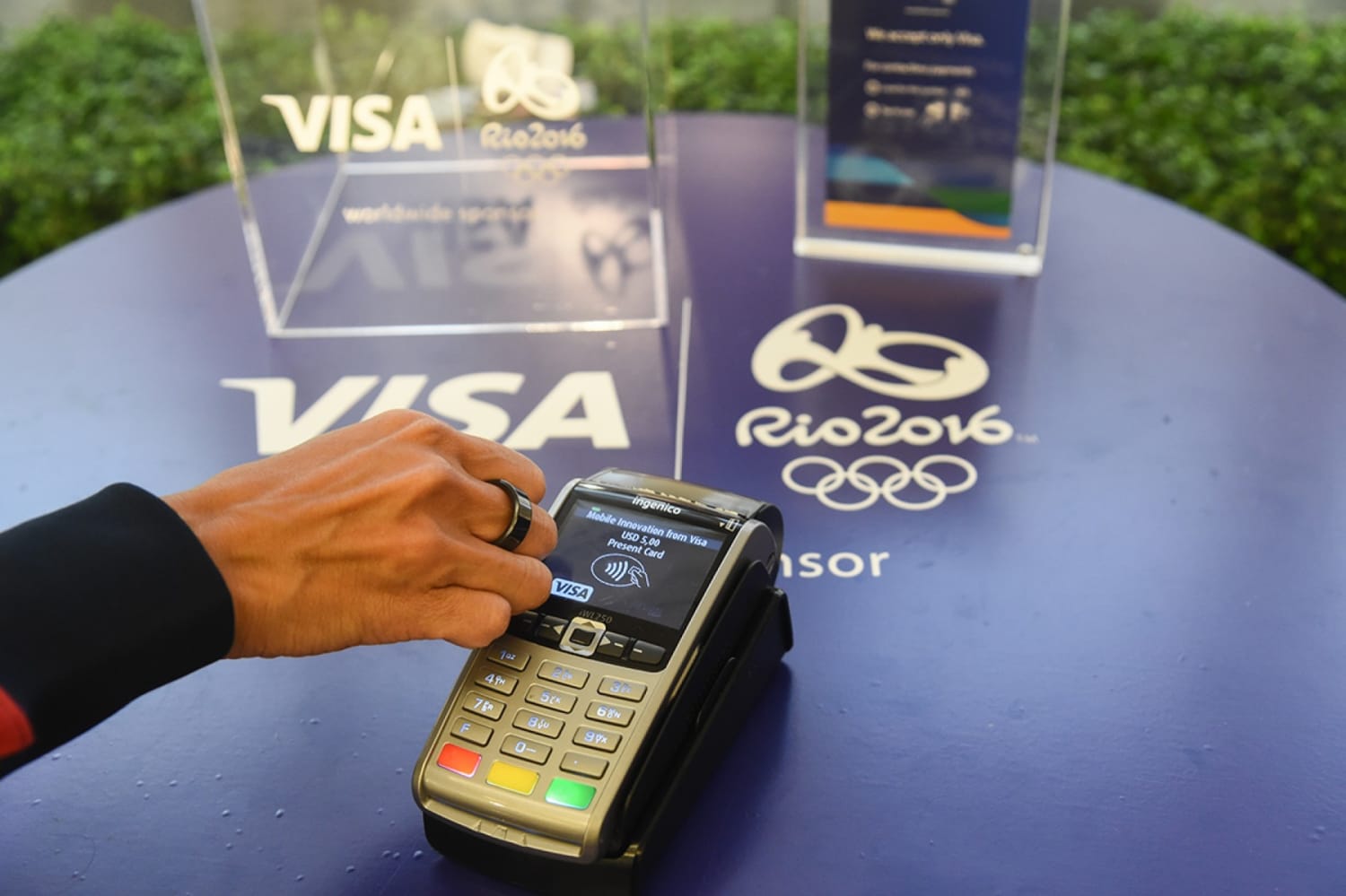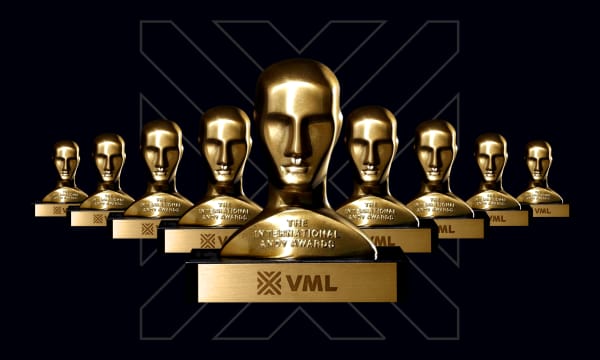Starting August 5th, all eyes are on the Rio Olympics. While much of the advance publicity has focused on the logistical challenges of pulling off this year’s event, the 2016 Games will also be a platform for brands to showcase advanced technology.
“It will be the most sophisticated and technologically forward-looking presentation by a lot,” said Comcast CEO Brian Roberts said during a May presentation at The Internet and Television Expo in Boston. “It will be a technological marvel.”
Viewership is expected to be bigger than ever. Just one hour ahead of the East Coast of the US, Brazil’s time zone means record numbers of Americans are expected to tune in. As of March, NBC had surpassed $1 billion in advertising sales from Rio, hitting the target four months earlier than it did for the 2012 London games.
Elite materials
The biggest tech stories from the Olympics revolve around elite sports, but these high-end experiments can also point to new technologies that are poised to break into the mainstream.
Under Armour is showcasing its first line of commercially available 3D-printed sneakers, called Architech. Swimmer Michael Phelps will sport a custom-designed pair of the kicks, which use a 3D-printed sole for a highly customized fit for athletic performance. The first version of the shoe, launched in March, sold out in under 20 minutes.
The Nike Zoom Superfly Elite, designed for Olympic sprinters, was also created using 3D printing. A digital algorithm designed the shoe’s honeycomb-like base, which allows for stiffness without weight. The Rio Games will also be the first to feature Nike’s AeroSwift fabric. Tiny triangular silicon spikes are 3D printed into the Nike fabric, redirecting air flow around runners to reduce drag.
